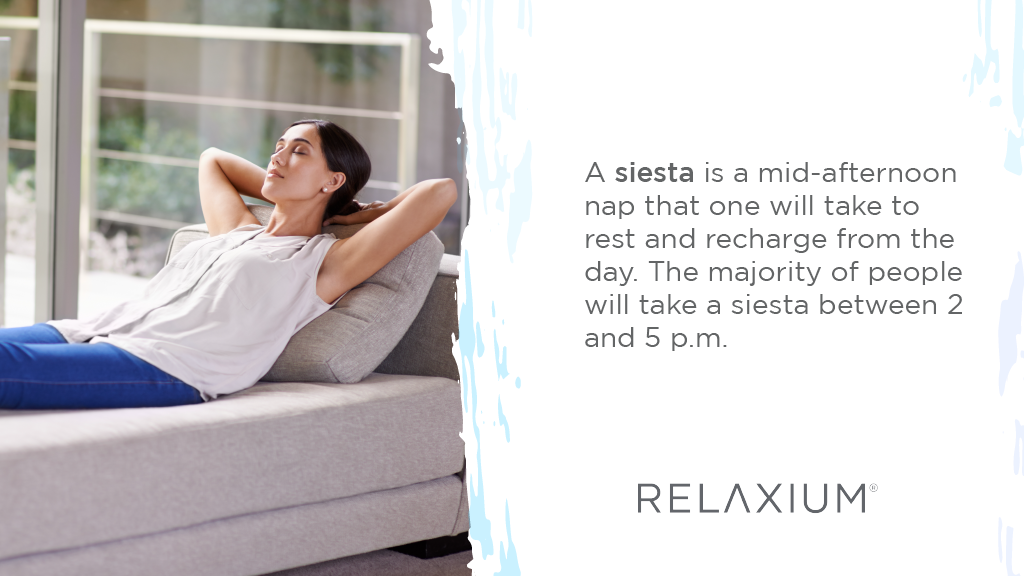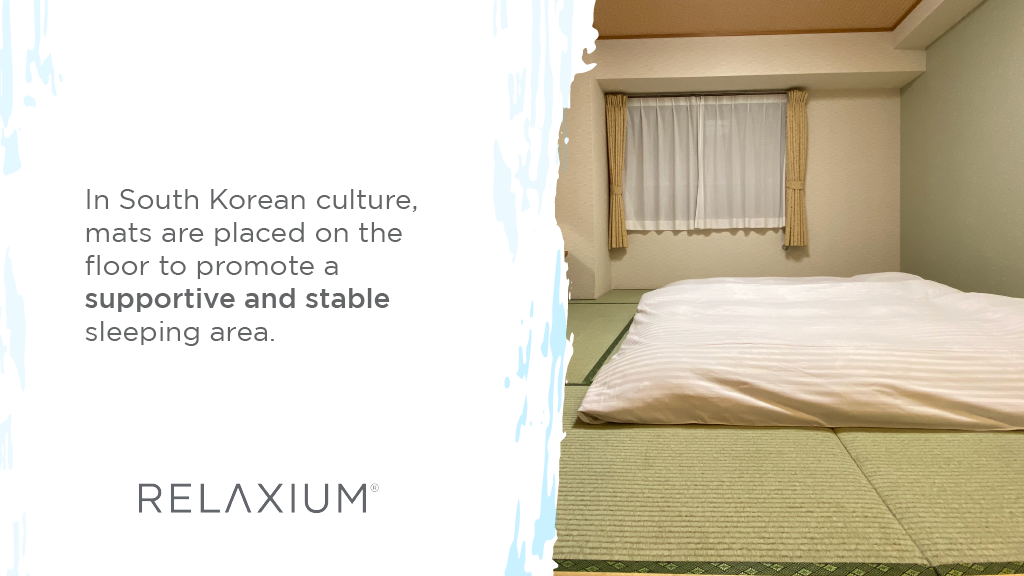Get ready to travel around the world and explore the cultural differences in sleep routines across the globe.
Considering the wide variety of cultures in the world, not everyone sleeps the same. There are certain traditions that cultures partake in to get the most amount of sleep possible.
One thing for certain, no matter what culture you come from, we all need sleep. Sleep is necessary for:
- Memories, and cognitive functions: When we sleep, our brains will soak up what we did during the day and will create and consolidate memories. This is one of the few cognitive functions the brain will do as we sleep. Other functions that occur include improving learning, attention, and problem-solving.
- Repair and restore the body: Tissue regrowth, replenishing of energy, and regulation of metabolism, all occur during sleep. Our bodies undergo so much during the day so time at night is crucial for repair.
- Regulation of mood: If sleep is not had; irritability, mood swings, and stress are much more prevalent. Sleep helps the body to regulate emotions and mental health.
- Brain detox: When we sleep, the glymphatic system will clear out toxins and waste products. This helps to keep the brain healthy and prevent neurodegenerative disorders.
- Prevention of illness and disease: Lack of sleep has been known to cause health conditions. The immune system is strengthened by sleep. Cytokines are produced during sleep which help to fight off infections.
- Conservation of energy: Because energy isn’t being used at all points of the day, especially sleep, the body is able to conserve energy. This energy can be used to make the next day better.
So what do other cultures do that could be different from ours here in the U.S.? Well, allow us to tell you!
Now let’s dive into different cultures and what they do to sleep best.
Spain and Latin American Culture: Siesta
Consider how often you nap to recharge from the day. Naps, in certain instances, are considered rather effective for sleep. The underlying factor that is most important to consider is the duration of naps.
Well, in Spain and Latin American culture, siestas are common. A siesta is a mid-afternoon nap that one will take to rest and recharge from the day. What is interesting compared to here in the U.S. is that there is an actual siesta rule in Spain. This means that the majority of people will take a siesta between 2 and 5 p.m. It is common for some businesses to even uphold this rule.
Imagine if your job allowed for a nap each day!

Chinese Culture: Feng Shui Sleeping arrangements
If you have never heard of a Feng Shui sleeping arrangement, allow us to explain. Many factors play a role when it comes to Feng Shui. These factors include:
- A clutter-free environment: For a Feng Shui arrangement, the room must be organized and free of clutter. This logic helps to allow a clear head and is considered a way of promoting a calm flow of energy. As you know we love to promote a sleep-friendly environment, so the calmer and cleaner the room is, the better.
- Bed placement: Typically, to align with Feng Shui, the bed will be against a solid wall to promote stability and support. The bed is meant to be positioned so that there is a clear view of the entrance of the room. The flow of energy is most important.
- Balance and symmetry: This is something we often do in the U.S. as well. Adding aesthetic decorations such as matching furniture, anything that would be pleasing to the eye.
- Colors and elements: Soft colors, neutrals, and pastels are best for a Feng Shui environment. They help to make the environment more peaceful.
- Bed quality and positioning: Comfortable mattresses and bedding for proper rest are also important for a Feng Shui environment.
South Korea: Sleeping Mats
Imagine sleeping on a mat rather than a bed at night. Well, that is what some do in South Korean culture. The mats are referred to as “yo.” The materials of the mat include reed or rush. They are placed on the floor, for the purpose of health benefits.
You may be asking, what health benefits? Well, while we do promote a supportive and stable sleeping area, sleeping flat on the ground actually does possess some benefits.
Sleeping flat on the ground, especially on your back can lead to better posture and less back pain. This is of course, not necessarily popular in American culture but there is some research to support this way of thinking.

Bedtime Tea Ritual: Popular among many cultures
Many cultures recognize the effectiveness that tea can have for sleep. Here at Relaxium, we use ingredients that can be commonly found in teas. Chamomile and Passionflower are two ingredients we use in our sleep supplement Relaxium Sleep. Relaxium Sleep is a sleep supplement designed to help you fall asleep faster, stay asleep longer, and then have you waking up feeling refreshed and alert.
The Chinese culture tends to use herbal teas like Chrysanthemum tea.
Dream Catchers: Native American Culture
This culture is more well-known than others, but nonetheless very interesting. Native American tribes have been known for using dream catchers to promote more peaceful sleep. The point of these beautiful objects is to catch or filter out bad dreams.
Typically made of woven web, and decorated with beads and feathers, they are stunning cultural pieces that are meant to help promote best sleep.

One thing we all have in common, we need sleep!
No matter where you are, all cultures understand the importance of sleep. Making changes and creating a culture and/or tradition to achieve deep, restful sleep is something we love to hear. We hope you have learned something interesting!
Relaxium offers a number of safe and effective supplements that aid in the categories of sleep, calm, focus, and immunity. Created by Clinical Neurologist, Dr. Eric Ciliberti, TryRelaxium.com offers a 30-day Money Back Guarantee trial of Relaxium Sleep to allow our users to truly experience its effects. To try the product today visit our website for more information.
To restful and healthy days ahead.
The Relaxium Team
*These statements have not been evaluated by the Food & Drug Administration. This product is not intended to diagnose, treat, cure, or prevent any disease.
Sources:
https://www.ncbi.nlm.nih.gov/pmc/articles/PMC3079906/
https://www.ncbi.nlm.nih.gov/pmc/articles/PMC4636982/
https://www.ncbi.nlm.nih.gov/pmc/articles/PMC2785020/
https://kimchimamas.typepad.com/kimchi_mamas/2006/09/yo_traditional_.html
https://www.medicalnewstoday.com/articles/sleeping-on-the-floor#benefits

